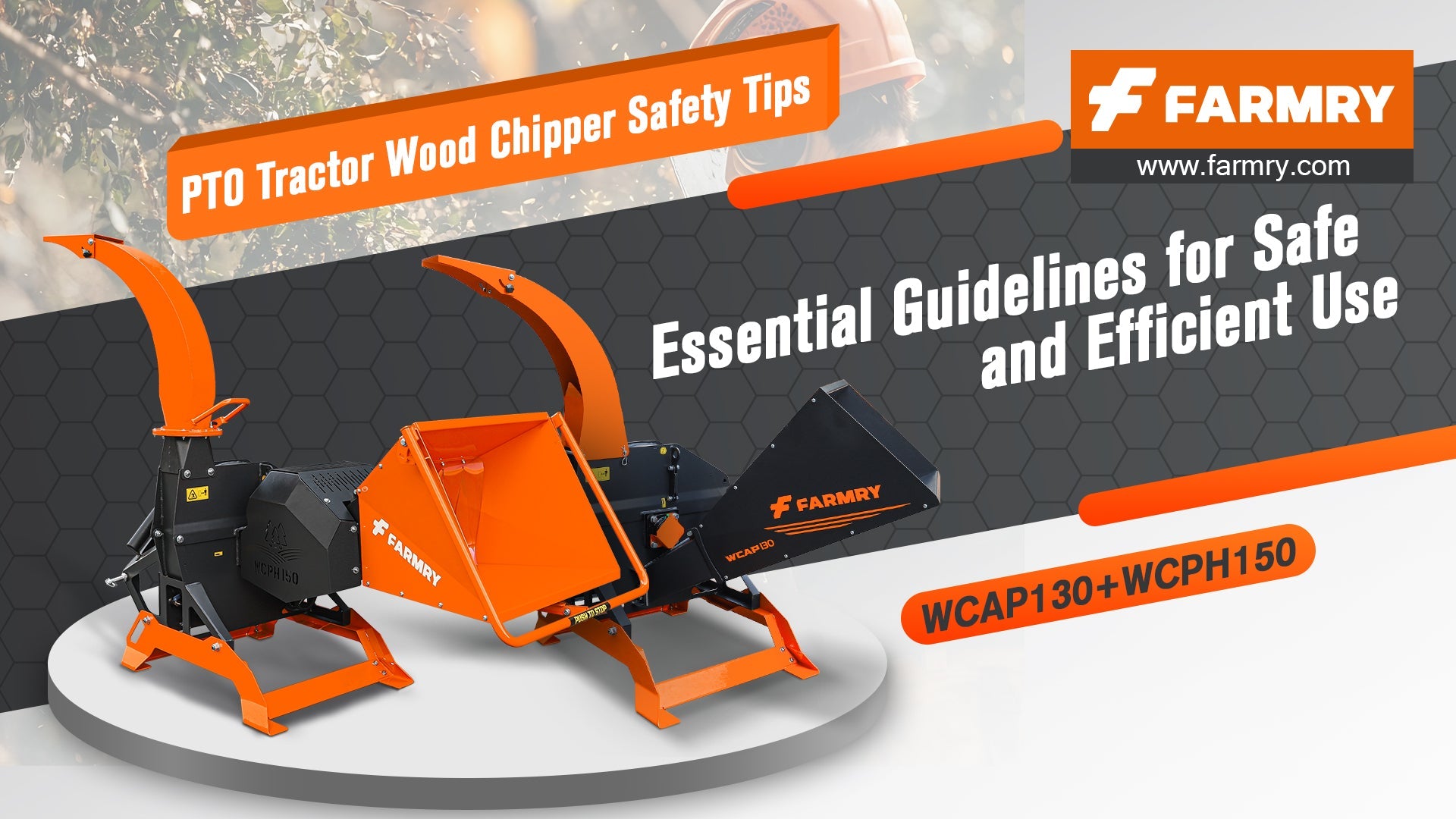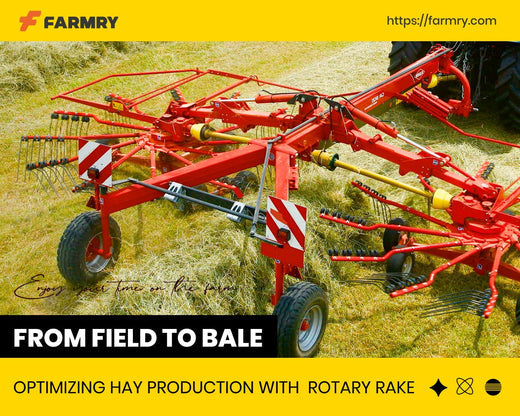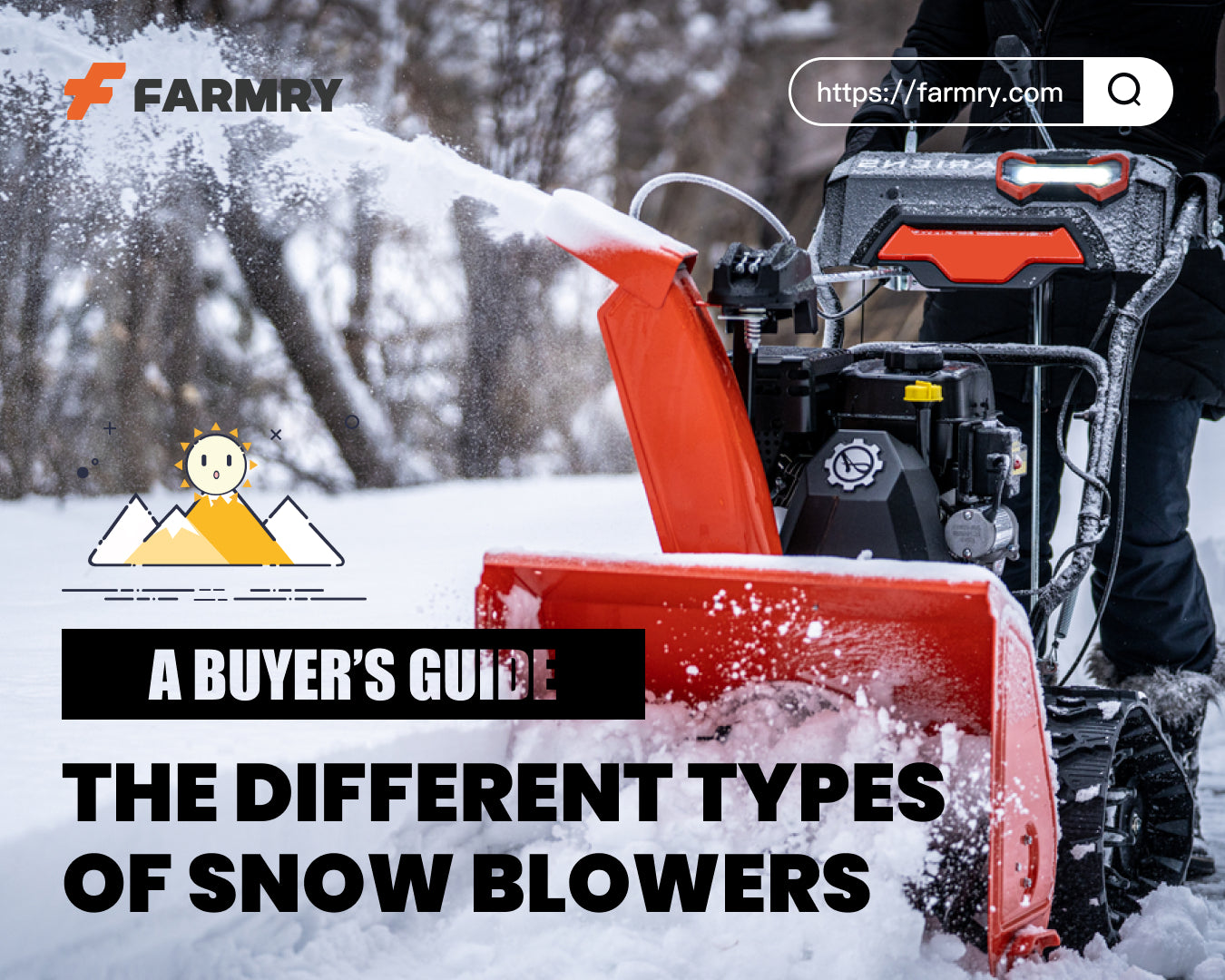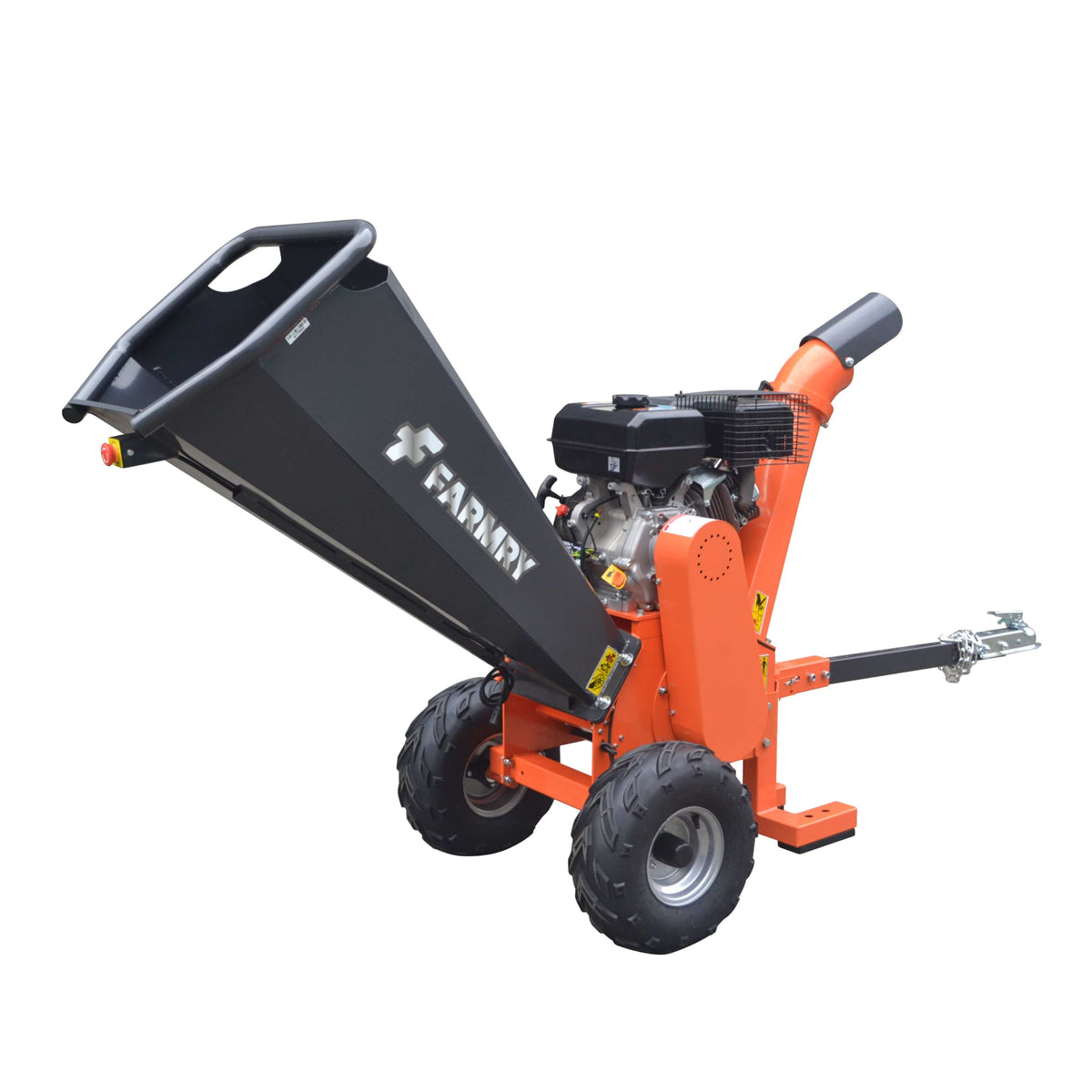How to Choose the Right PTO Wood Chipper for a Small Farm
 How to Choose the Right PTO Wood Chipper for a Small Farm
How to Choose the Right PTO Wood Chipper for a Small Farm
When it comes to managing brush piles, yard debris, and small branches on a small farm, not all wood chippers are created equal. For farmers running compact tractors, selecting the best PTO wood chipper for small farm operations requires careful attention to power source, feed capabilities, build quality, and your farm’s specific needs.
What Is a PTO Wood Chipper?
A PTO chipper (Power Take-Off chipper) connects directly to your tractor’s PTO, using the tractor engine as its power source. Unlike gas wood chippers or electric wood chippers, a PTO chipper offers more power, often handling thicker branches, green wood, and even small trees with ease. These are often considered more durable and very heavy duty compared to gas powered chippers or electric models.
Key Features to Consider
1. Power Compatibility
Before buying, ensure the chipper matches your tractor’s PTO horsepower. A mismatch can lead to underperformance or even damage. Quick hitch compatibility also saves setup time and improves efficiency on uneven ground.
2. Feed System Type
If you're dealing with large branches or yard waste, a model with a hydraulic feed roller and hydraulic pump is essential for smooth operation. It pulls material through at a controlled pace, reducing jams and operator fatigue. While electric wood chippers may be enough for urban settings, they lack the infeed speed and cutting edges required for farm-grade workloads.
3. Build Quality
Look for heavy gauge steel construction, air filled tires, and a durable feed chute. These ensure your machine withstands frequent use and shredding leaves, pine cones, and brush piles. The discharge chute should also be adjustable to direct usable mulch where needed.
PTO vs. Other Wood Chippers
While gas powered wood chippers or electric chipper models offer portability, they fall short in chipping branches, feeding branches, and producing smaller chips. PTO wood chippers—especially those built by trusted brands like Woodland Mills—provide the best wood chipper experience for small farms.
Pros of PTO Chippers:
-
Run by power take off (no extra engine or power cord required)
-
Handle larger branches, thick branches, and yard maintenance
-
Designed for heavy duty tasks and longer operating life
-
Easily replace chipper knives and replacement parts
Final Tips Before Buying
-
Always follow the manufacturer’s instructions on safety and maintenance
-
Check hopper opening and chute opening sizes to fit your farm’s material type
-
Make sure the pto shaft and hydraulic hoses are included or compatible
-
If you’re chipping tiny pieces or using a leaf shredder, a higher reduction ratio may be a priority
Conclusion
Choosing the best PTO wood chipper for small farm use depends on matching the right specs to your farm’s tasks—whether it's feeding branches, producing wood chips, or clearing yard debris. With the right setup, your chipper becomes more than just a machine; it’s a yard maintenance partner built for long-term productivity.







